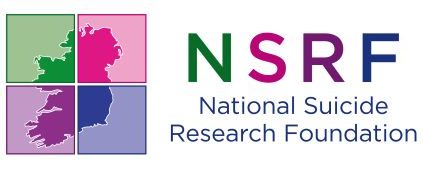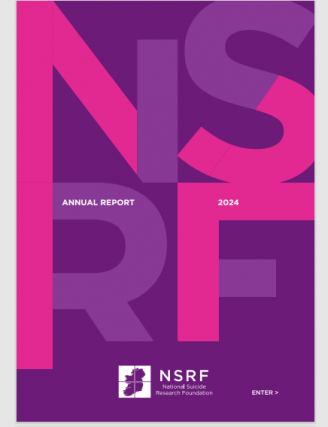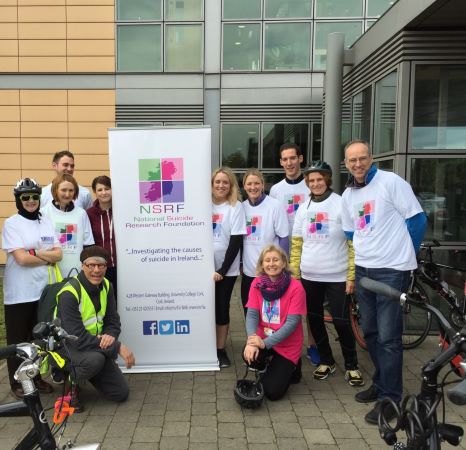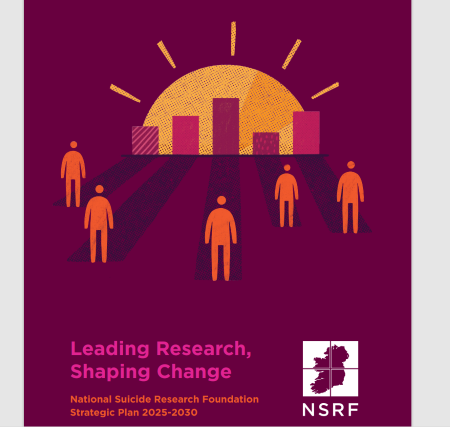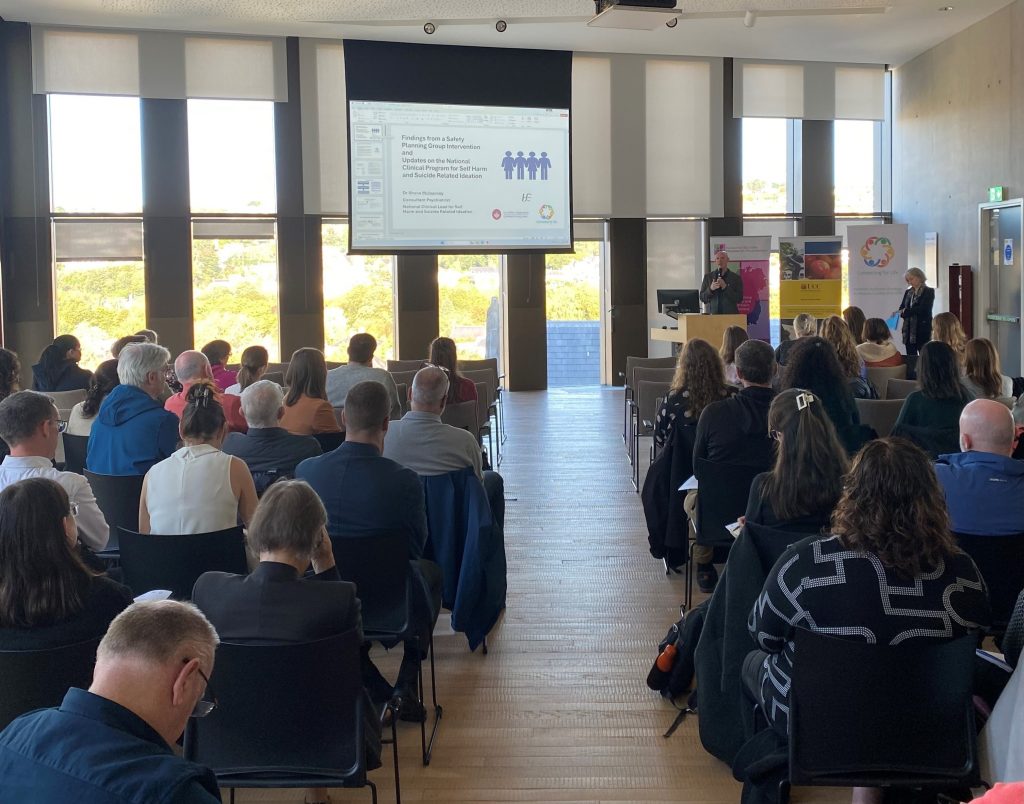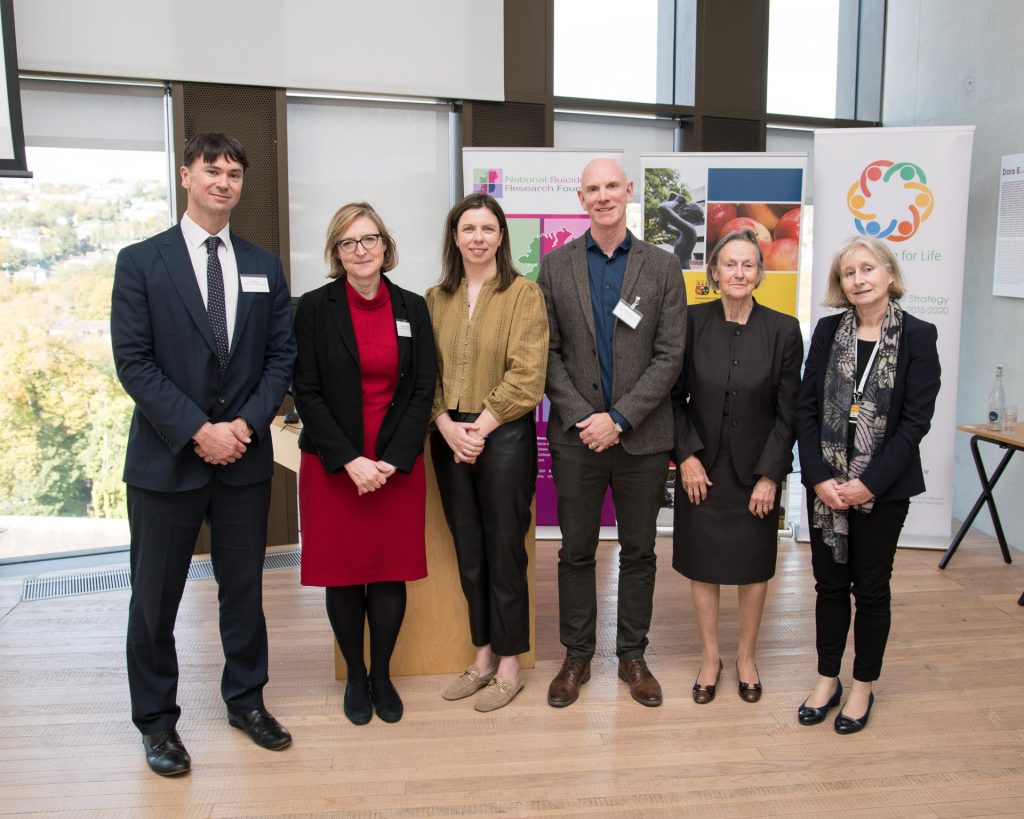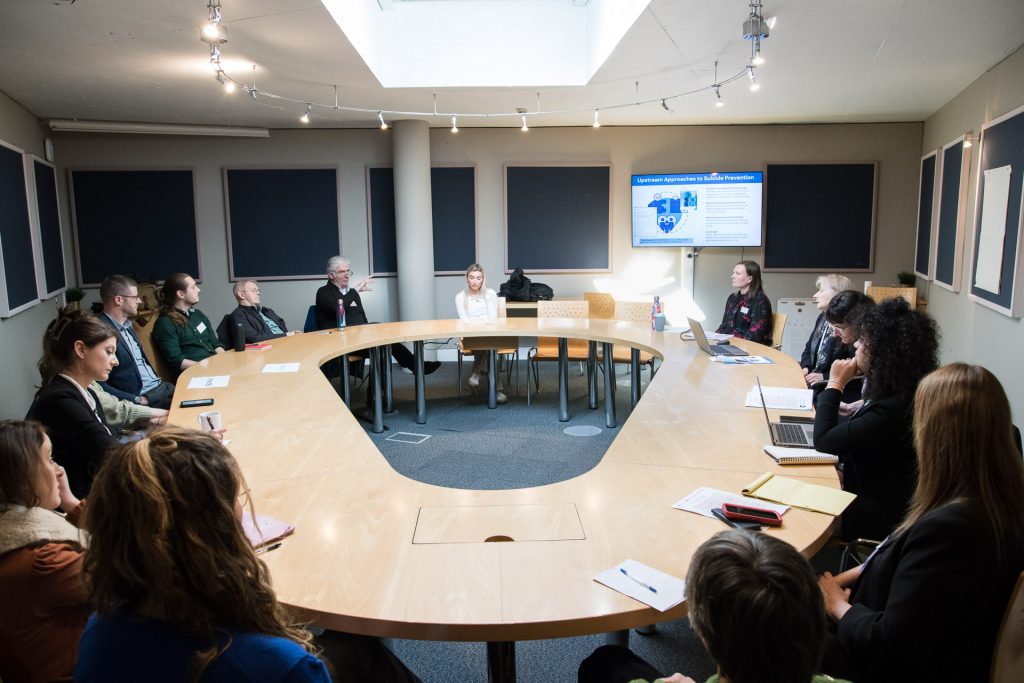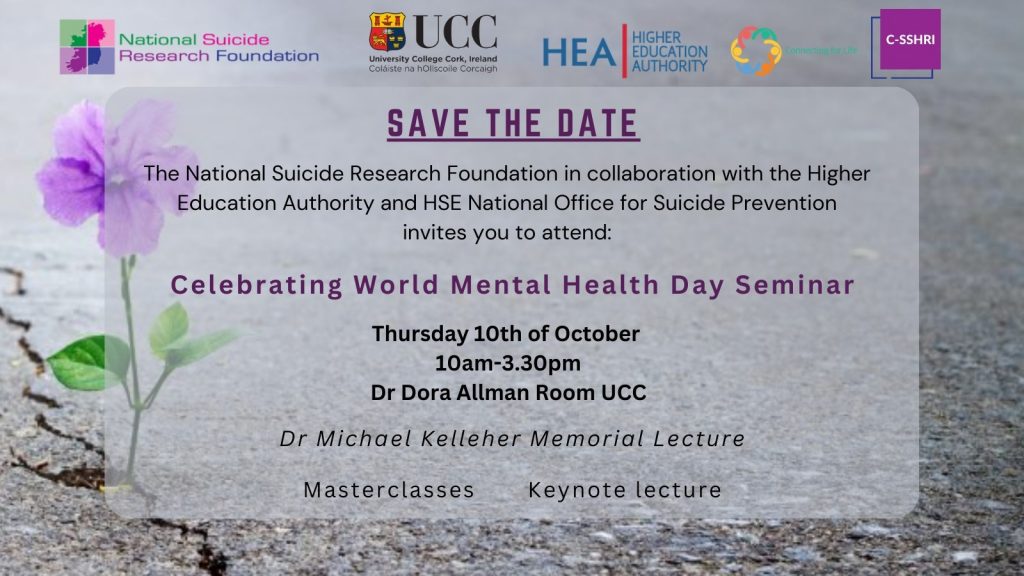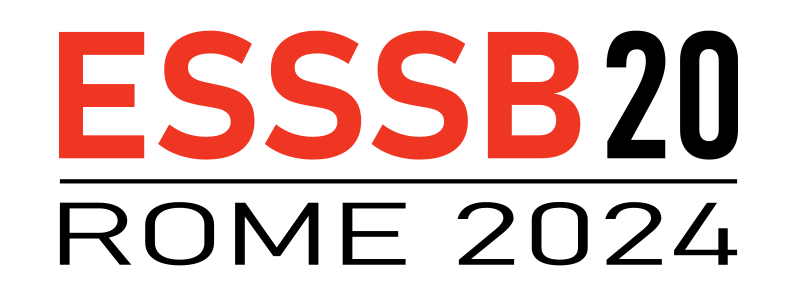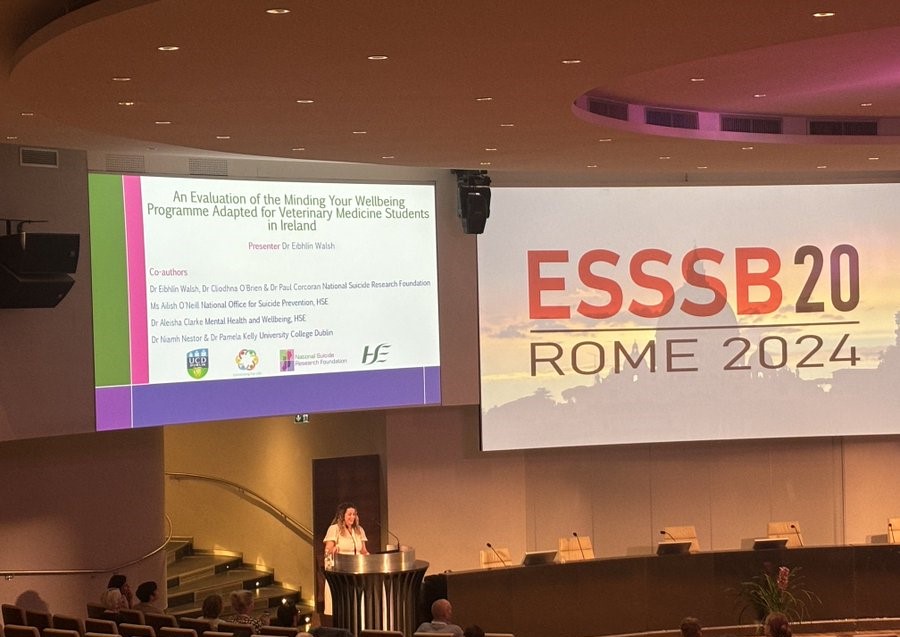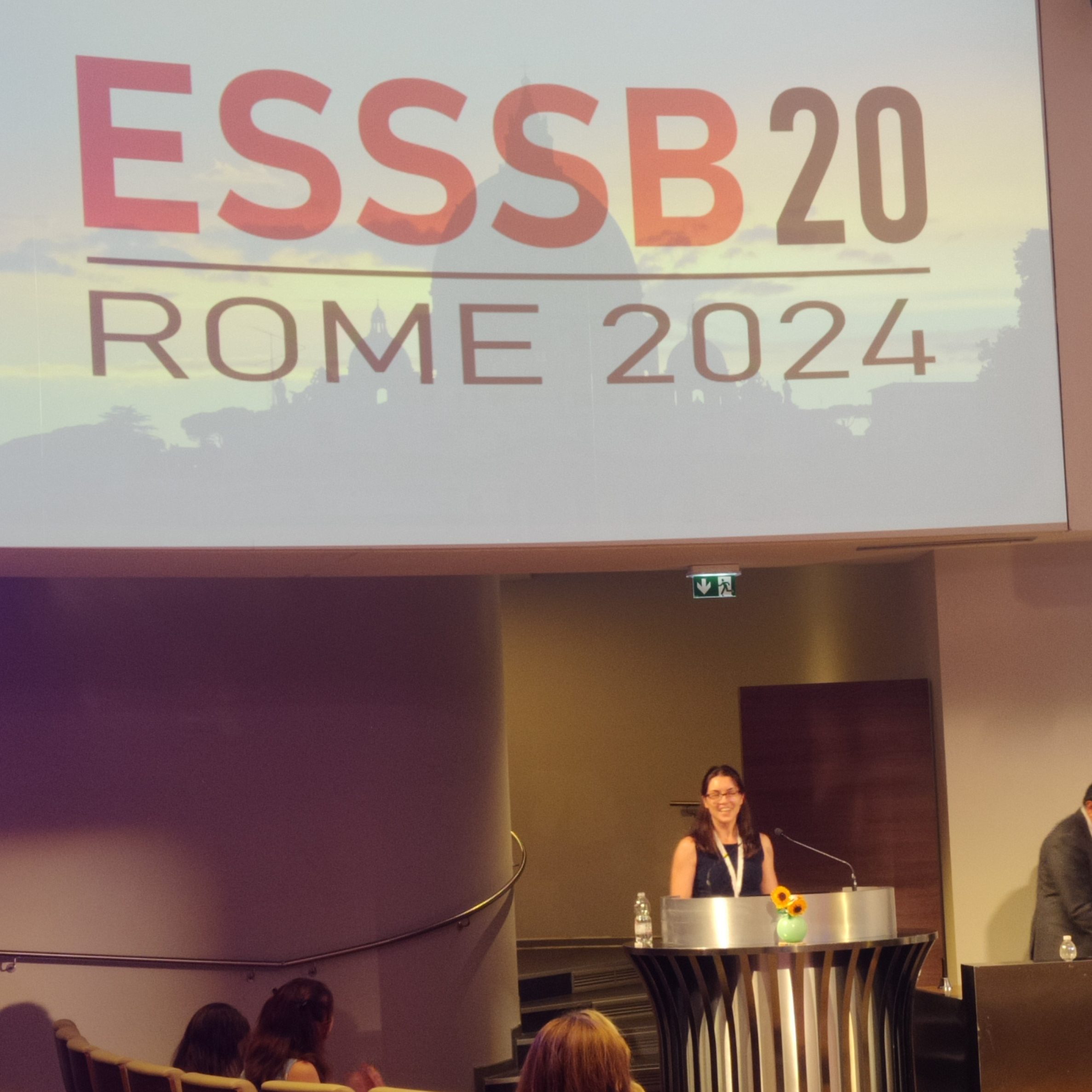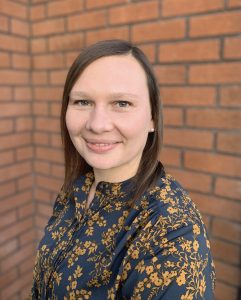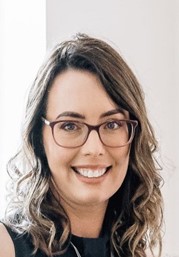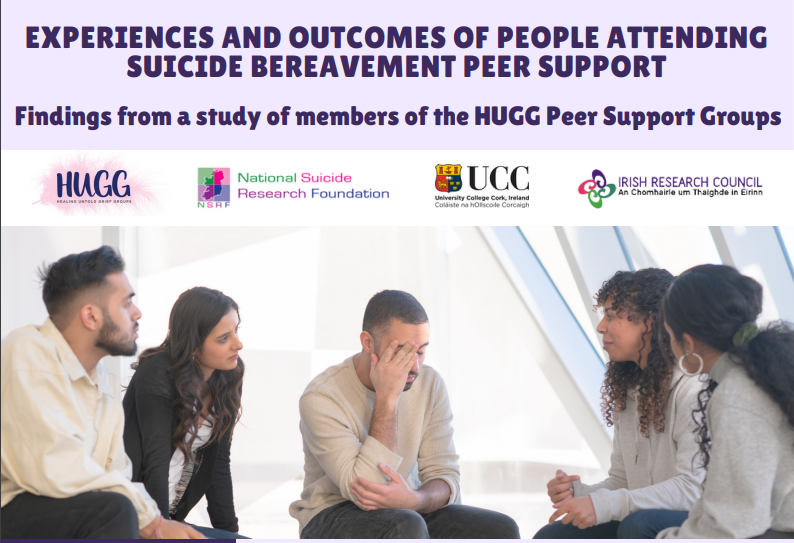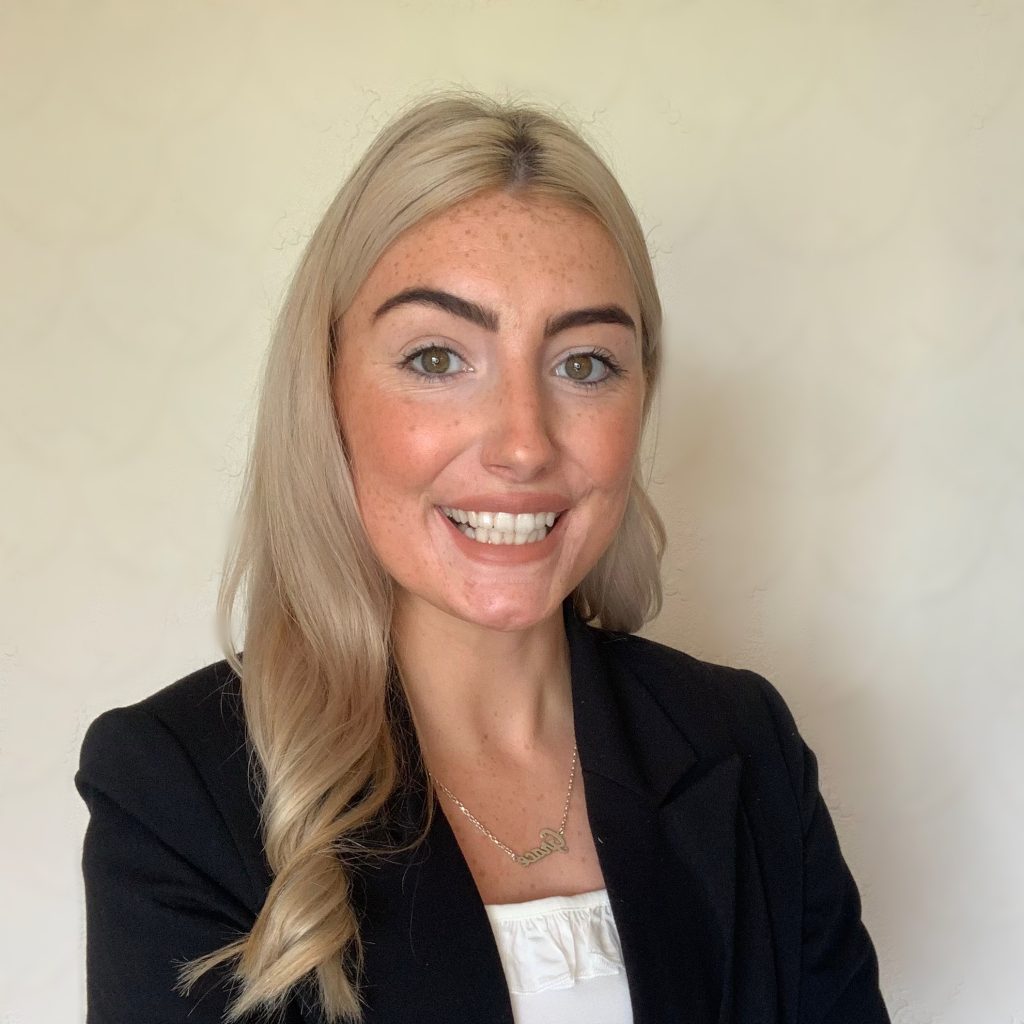Our research team, with funding support from the HSE National Office for Suicide Prevention, has designed a comprehensive suicide prevention training module for undergraduate health and social care students.
The aim of the training is to give students the knowledge, skills and empathy essential for managing and supporting individuals at risk of suicide. Importantly, there is an emphasis on self-care and wellbeing for the students themselves.
Watch our new video, which explains why the training is needed and what is involved.
The module has now been piloted to 200 health and social care students across University College Cork and University College Dublin. The insights gained from this pilot will inform future iterations of the content and contribute to the development of a train-the-trainer programme.
By implementing a structured training module, we hope to bridge the gap in current educational offerings and ensure that future health and social care professionals are prepared to support individuals at risk of suicide.
Take a look at our information page to read more and, as always, you can contact us for further information.
The research team would like to extend their deepest gratitude to all our collaborators. Your dedication, expertise, and support have been invaluable throughout this work.
A very special thanks also to our research participants, for their time, engagement and commitment to attending each session!
